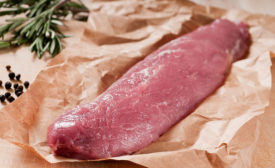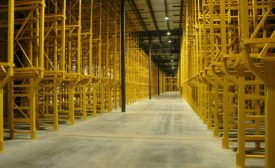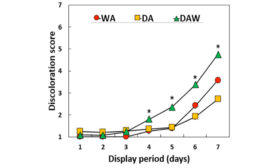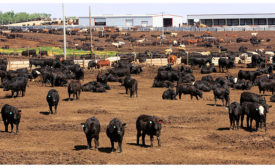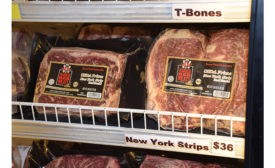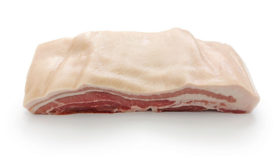Meat and Poultry Processing
Meat Science Review
Research aims to evaluate alkaline electrolyzed reduced water as a clean-label alternative to industry standard enhancement solutions of pork products.
Read More
Protein Problem Solver
Optimizing frozen storage warehousing in irregular landscapes
Drive-in rack, pushback rack help Zero Mountain add national capacity, optimize logistics.
Read More
Processing Tech
Fine-tuning stunning, slaughter
Processors continue to search for better stunning methods and slaughter equipment.
Read More
Meat Science Review
Effects of dry aging on color and oxidation stabilities of beef loins
December 16, 2016
Processing Tech
Update on use of vision systems in protein processing
Processors are incorporating 'vision'-ary process innovations.
Read More
Raider Red Meats: A double major
Raider Red Meats is succeeding not only as a high-end meat processing business but also as an educational tool for its student employees.
Read More
Stay ahead of the curve. Unlock a dose of cutting-edge insights.
Receive our premium content directly to your inbox.
SIGN-UP TODAYCopyright ©2024. All Rights Reserved BNP Media.
Design, CMS, Hosting & Web Development :: ePublishing
